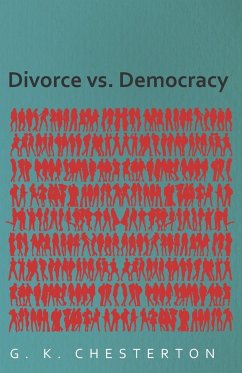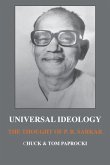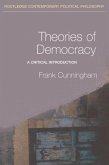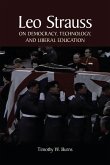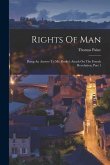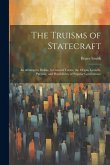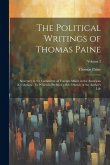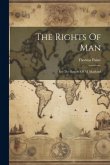This early work by G. K. Chesterton was originally published in 1916. Gilbert Keith Chesterton was born in London in 1874. He studied at the Slade School of Art, and upon graduating began to work as a freelance journalist. Over the course of his life, his literary output was incredibly diverse and highly prolific, ranging from philosophy and ontology to art criticism and detective fiction. However, he is probably best-remembered for his Christian apologetics, most notably in Orthodoxy (1908) and The Everlasting Man (1925). We are republishing these classic works in affordable, high quality, modern editions, using the original text and artwork.
Hinweis: Dieser Artikel kann nur an eine deutsche Lieferadresse ausgeliefert werden.
Hinweis: Dieser Artikel kann nur an eine deutsche Lieferadresse ausgeliefert werden.

